I am trying to rename columns in multiple dataframes and convert those columns to an integer. This is the code I have:
def clean_col(df,col_name):
df.reset_index(inplace=True)
df.rename(columns={df.columns[0]:'Date', df.columns[1]: col_name},inplace=True)
df[col_name]=df[col_name].apply(lambda x: int(x))
I have a dictionary of the dataframe names and the new name of the columns:
d = {
all_df: "all",
coal_df: "coal",
liquids_df: "liquids",
coke_df: "coke",
natural_gas_df: "natural_gas",
nuclear_df: "nuclear",
hydro_electricity_df: "hydro",
wind_df: "wind",
utility_solar_df: "utility_solar",
geothermal_df: "geo_thermal",
wood_biomass_df: "biomass_wood",
biomass_other_df: "biomass_other",
other_df: "other",
solar_all_df: "all_solar",
}
for i, (key, value) in enumerate(d.items()):
clean_col(key, value)
And this is the error I am getting:
TypeError: 'DataFrame' objects are mutable, thus they cannot be hashed
Any help would be appreciated

